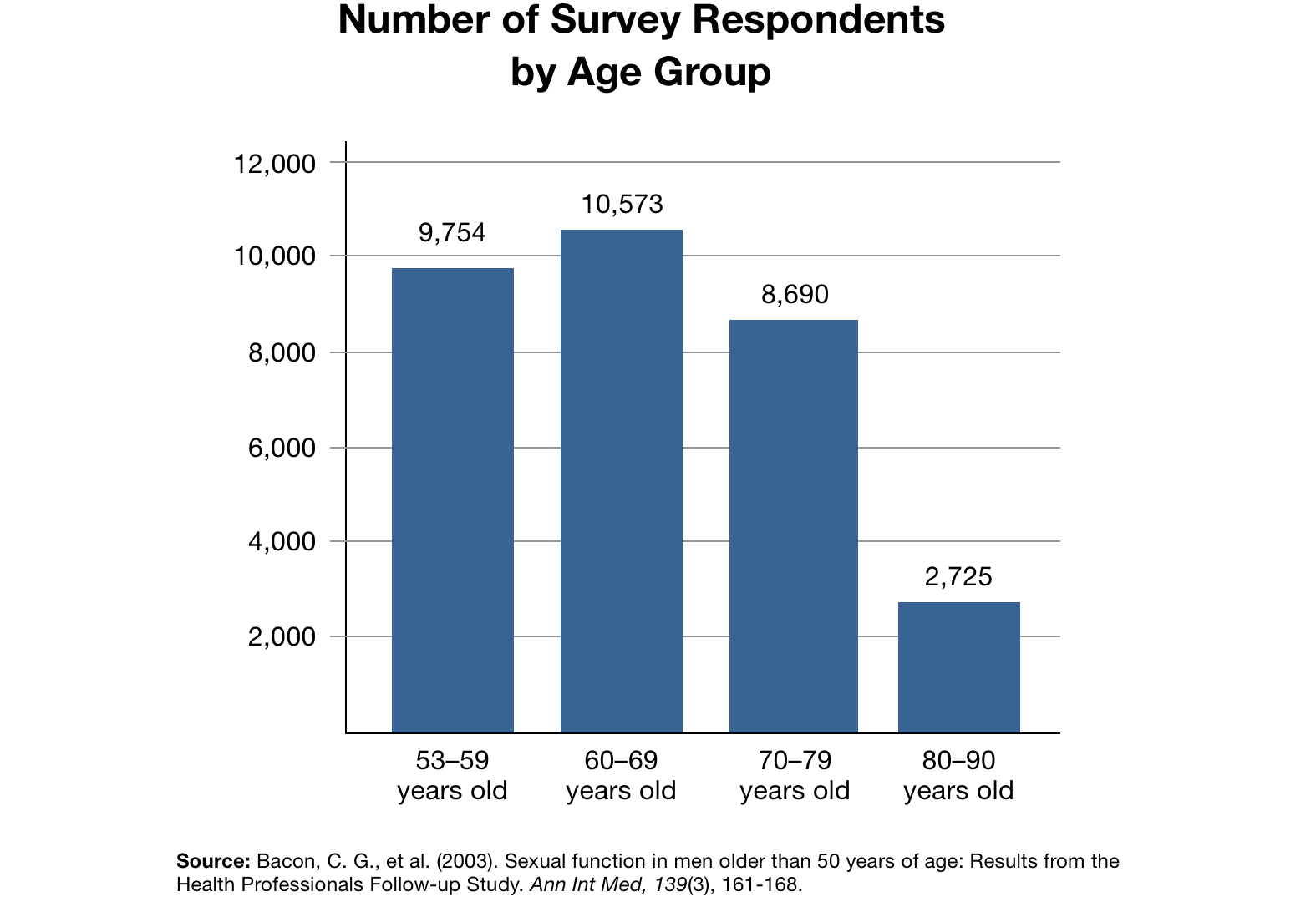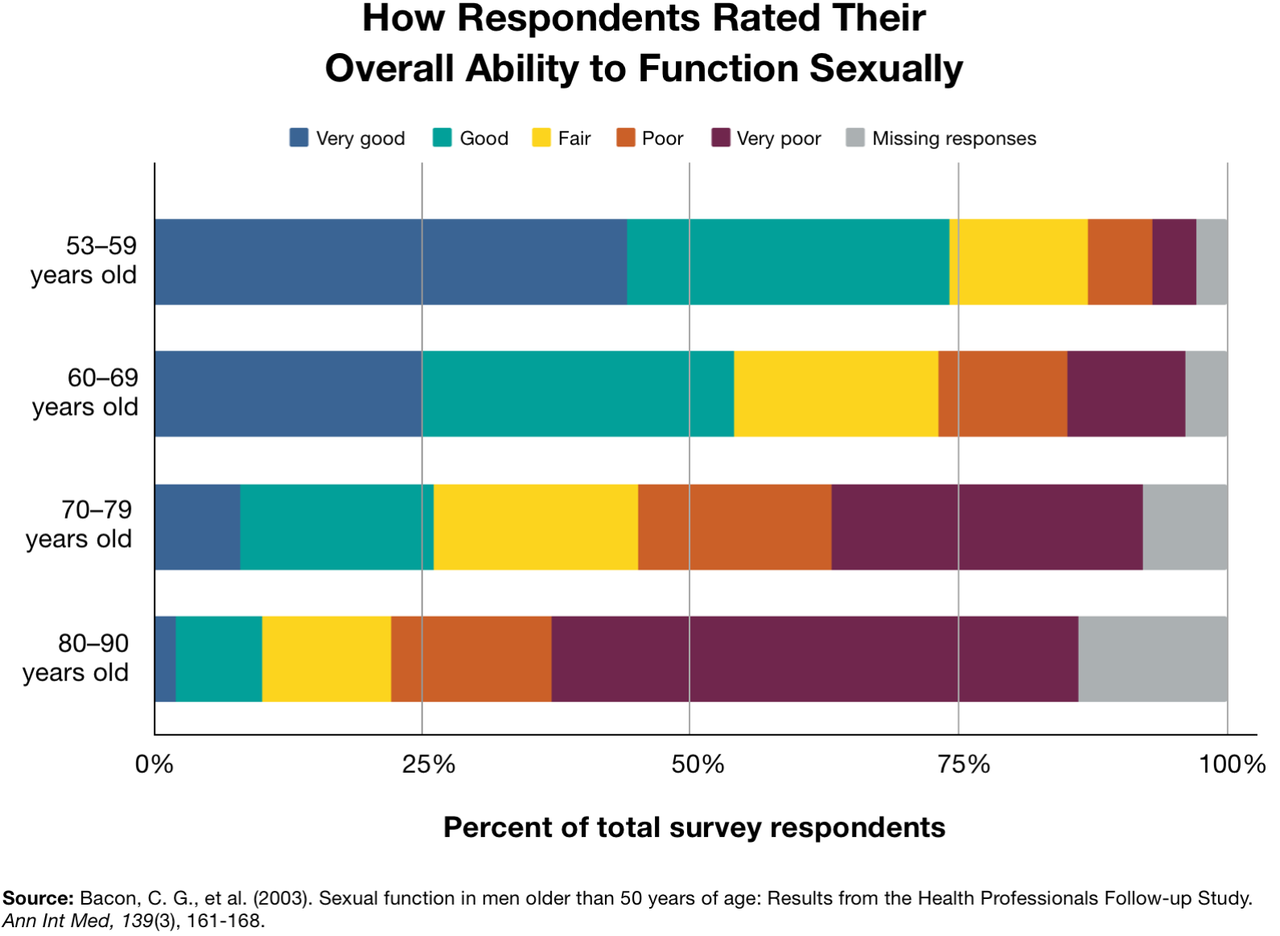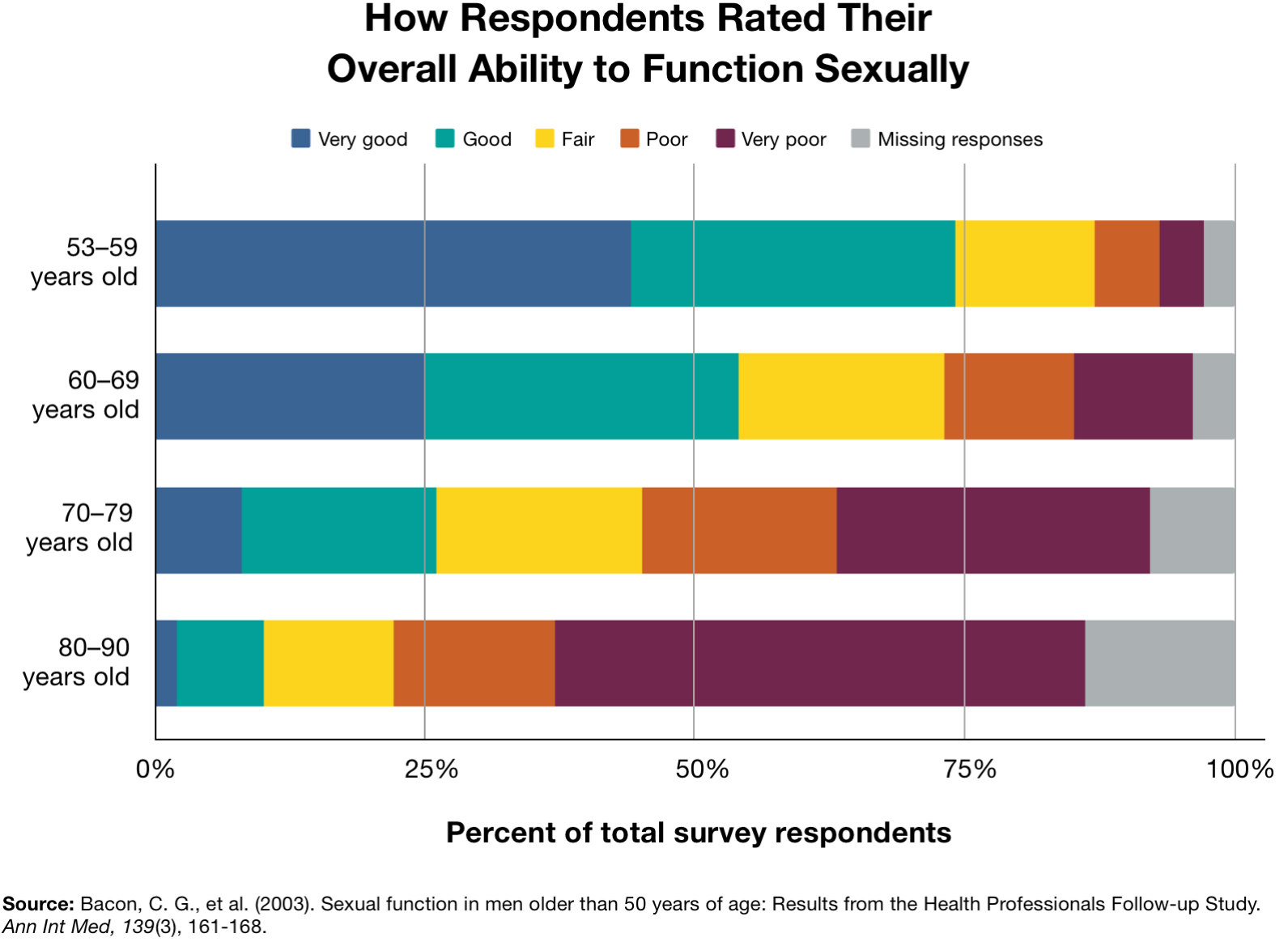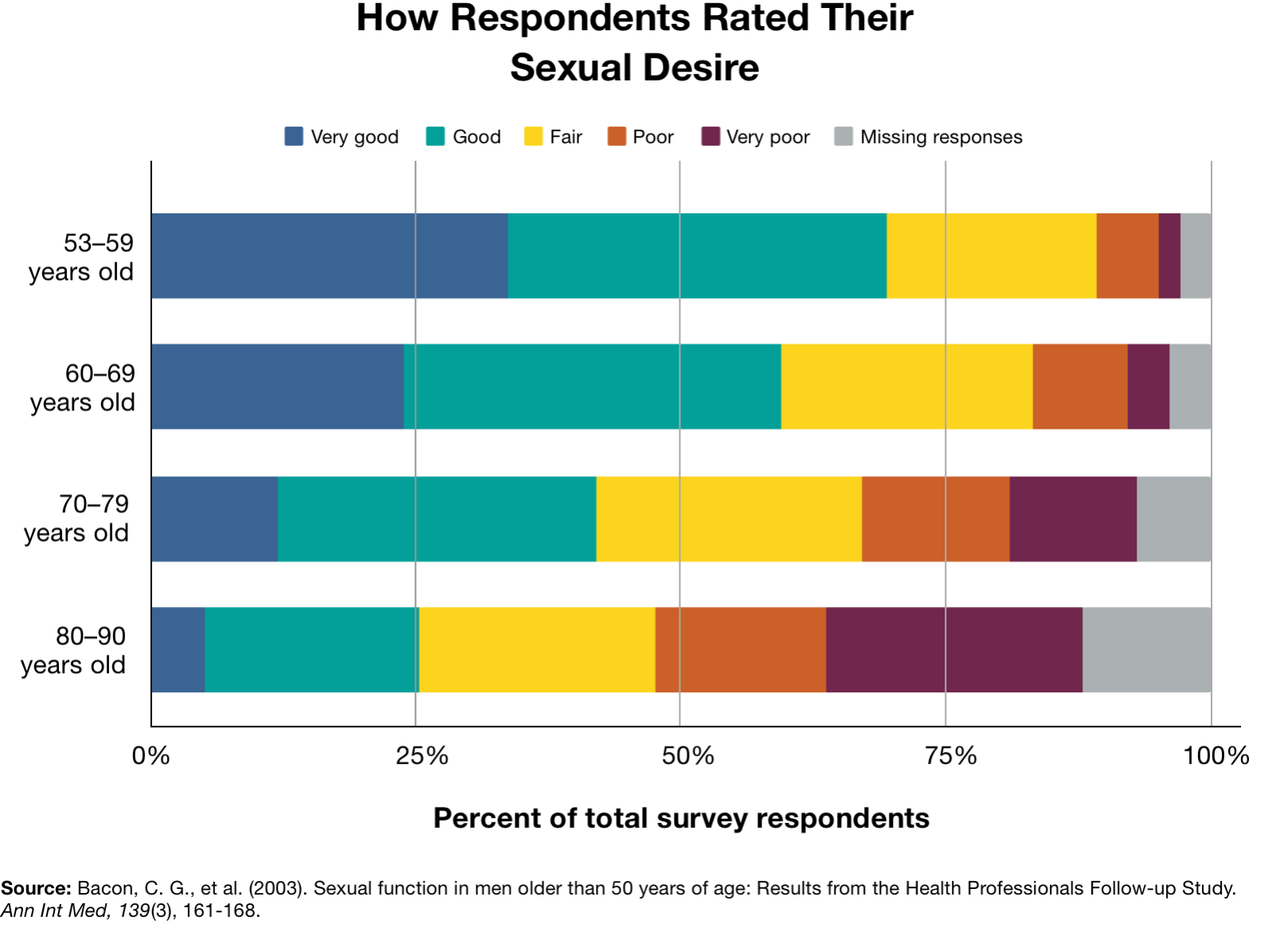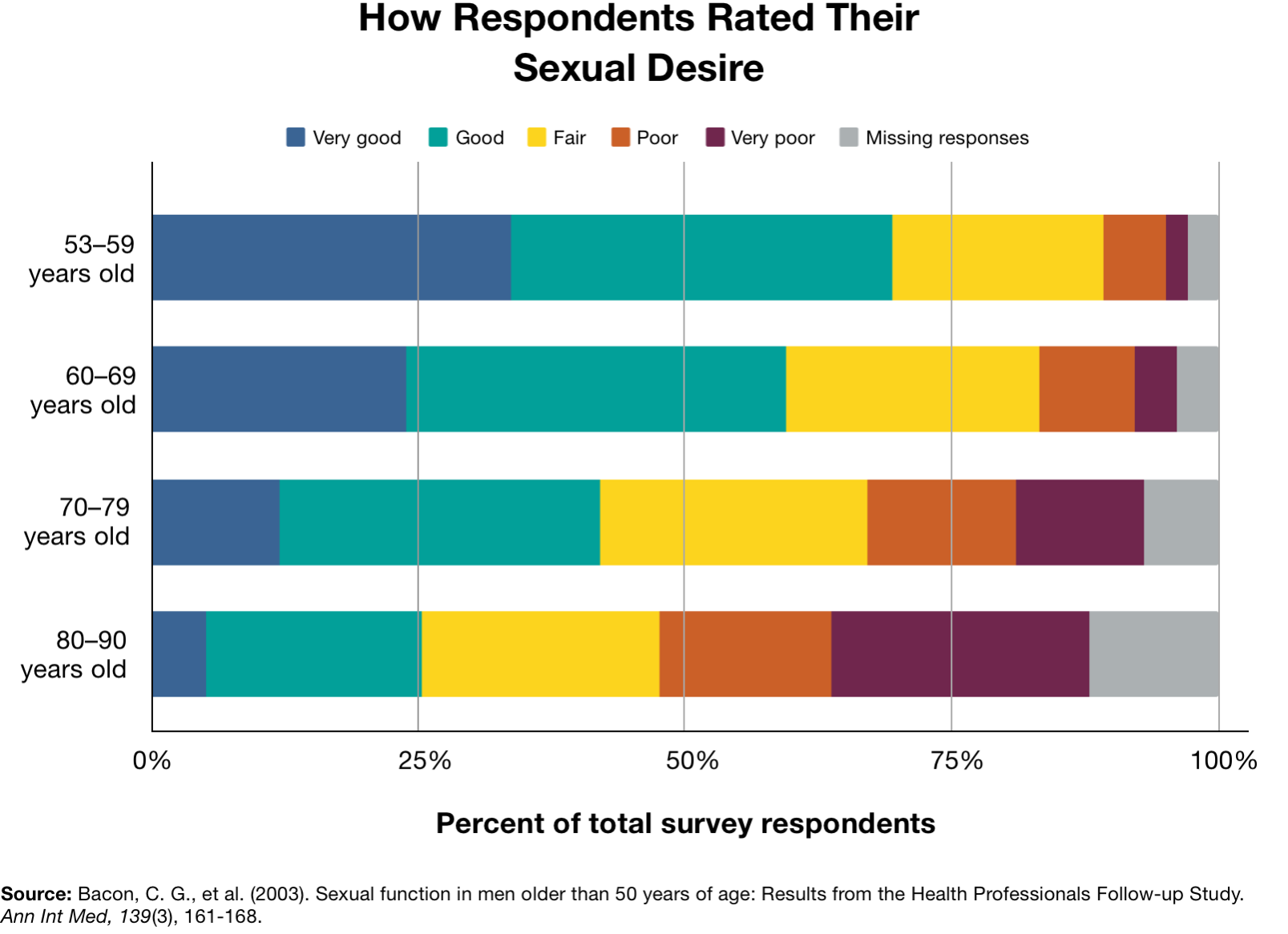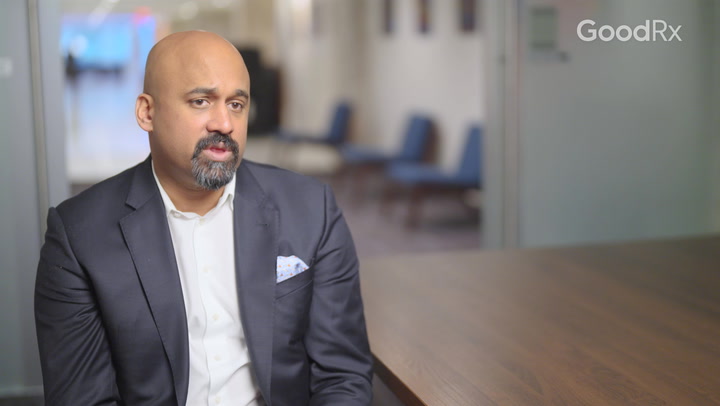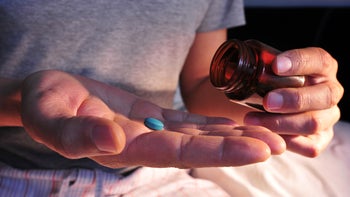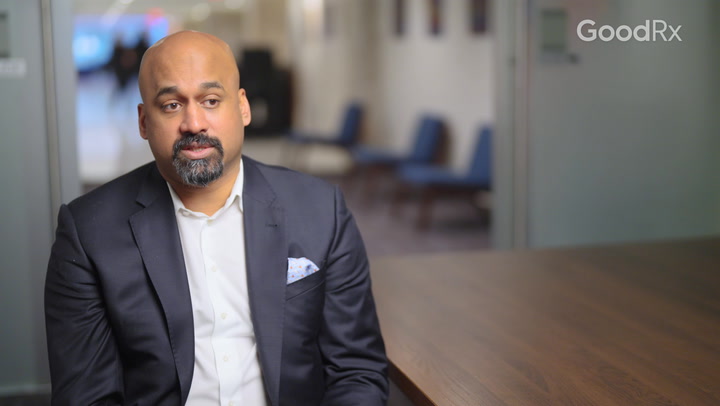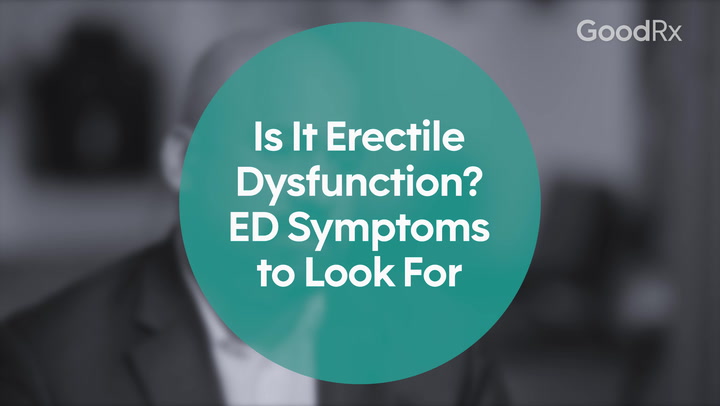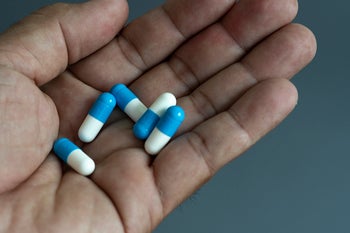
At What Age Does Erectile Dysfunction Start?
Key takeaways:
As men age, they’re more likely to have problems getting and maintaining an erection.
There’s no specific age at which erectile dysfunction (ED) starts. But ED is much more likely after the age of 50.
You can’t change your age, but you can take steps to improve your overall physical health and prevent weight gain, heart disease, and diabetes. Men who have better physical health are also more likely to have better sexual health.
If you’re struggling with ED, medications like sildenafil (Viagra) can help. These have a long safety record and are generally safe — even in older men.
Table of contents

Many men experience problems with sex, specifically erectile dysfunction (ED) or impotence. ED is defined as regular difficulty getting or maintaining an erection for satisfying sex. It’s not surprising that this happens. Getting an erection is a complex process where physical and psychological processes act together to make and keep the penis erect.
ED is more likely to happen with older age. There’s no specific age at which the penis suddenly stops working and erections no longer happen. And even though ED is common, not everyone experiences it.
Though research doesn’t say when ED will definitely happen, there are many large studies that examine the relationship between age, sexual function, and ED.
Fast, affordable ED treatment from GoodRx
Build a personalized treatment plan and get erectile meds delivered discreetly. Subscriptions start at just $18/mo.

GoodRx is NOT insurance. Cancel anytime. GoodRx Health information and resources are reviewed by our editorial staff with medical and healthcare policy and pricing experience. See our editorial policy for more detail. We also provide access to services offered by GoodRx and our partners when we think these services might be useful to our visitors. We may receive compensation when a user decides to leverage these services, but making them available does not influence the medical content our editorial staff provides.
Research clearly shows that, regardless of age, there are some risk factors for ED that you do have some control over. For example, you can lower your chances of experiencing ED if you follow a nutritious diet and get plenty of exercise. You’ll also lower your risk of other health conditions that can cause ED or make it worse. Put another way, prioritizing your general health and well-being as you age will benefit your sexual health, too.
What does research show about erectile dysfunction and age?
Over the past 40 years, researchers have extensively studied erectile dysfunction, including its causes, treatments, and links with other medical conditions. And there’s pretty clear agreement on the links between ED and age, health, and disease. Here are some of the highlights.
The Massachusetts Male Aging Study was one of the first large studies to look at the link between age and ED. Researchers interviewed 1,085 men ages 40 to 70 for 9 years between the late 1980s and mid-1990s. It showed a strong link between worsening sexual function and advancing age. The study also showed a drop in how often men had sex and how many monthly erections they had as they got older.
A 2007 study looked at the sexual habits of 1,455 men in the U.S. It also found that erectile problems were more common in older men compared to younger men.
Another 2007 study looked at data collected from over 2,000 men surveyed in the 2001 to 2002 U.S. National Health and Nutrition Examination Survey. The findings mirrored the trends in other studies. Among men 20 to 39 years old, about 5% experienced ED compared to over 70% of men 70 years and older.
And then there’s the Global Study of Sexual Attitudes and Behaviors, a survey of 13,882 women and 13,618 men ages 40 to 80 years from 29 different countries. This study collected data on all aspects of sex and relationships across different ethnicities and cultures. The effect of age on erectile problems was strong across all regions and cultures.
The 2003 Health Professionals Follow-Up Study is the largest study on male sexual dysfunction to date. Researchers surveyed over 31,000 male health professionals from the U.S. to understand the effect of age and other factors on rates of ED. (Of note: Men with prostate cancer, which can cause ED, were not included in the study.)
Here’s a breakdown of the survey respondents by age.
And here’s what that study found.
Age and erectile dysfunction
This study also noted a strong link between increasing age and the start of ED:
Less than 2% of men with erection problems reported that their symptoms first started before the age of 40.
Only 4% reported symptoms of ED starting between 40 and 49 years of age.
About 1 in 4 said their ED symptoms started between the ages of 50 and 59 years.
About 2 in 5 men reported their symptoms started between the ages of 60 and 69 years.
Do you think you have erectile dysfunction (ED)? Here’s how to recognize the signs.
Are medications causing your ED? There are hundreds of medications that can cause ED. Here are the most common culprits.
Is there a cure for ED? There are different causes of ED, and some of them are curable.
Age and sexual function
The way men rate their own sexual function declines with age:
Among men ages 53 to 59 years, almost 3 in 4 rated their ability to function sexually as “good” or “very good.”
Among men ages 80 to 90 years, 64% rated their ability to function sexually as “poor” or “very poor.”
Only 1 in 10 men over the age of 80 gave ratings of “good” or “very good.”
Age and sexual desire
The way men rated their desire to have sex also declined with age:
Among men between 53 and 59 years old, more than 2 out of 3 said their desire for sex was either “good” or “very good.”
In contrast, only about 1 in 4 men ages 80 to 90 years said their desire for sex was either “good” or “very good.”
What chronic conditions and lifestyle habits can cause ED?
Regardless of age, many things can increase the chances of erectile dysfunction.
In the 2003 Health Professionals Follow-Up Study, researchers found a link between ED and these chronic conditions:
Cancer (other than prostate cancer)
The study also noted the following risk factors:
Having more than 2 alcoholic drinks per day
Smoking
Having a body mass index (BMI) considered overweight or obese (25 or above)
Not getting enough regular exercise
Watching TV for more than 8.5 hours per week
Use of some medications, including antidepressants, beta blockers, and certain high blood pressure medications
And the opposite relationship was true, too. The study found that men with none of these diseases or risk factors had the lowest rates of ED at all ages.
The Massachusetts Male Aging Study had also previously picked up on the link between being in “good health” and having lower rates of sexual problems and higher rates of sexual satisfaction. In fact, the most common reason for sexual inactivity in the men and women surveyed was poor health of the male partner. Of those 57 to 85 years old who said they were in intimate relationships but weren’t sexually active, 55% of men and 64% of women reported poor health of the male partner as the main reason for their sexual inactivity.
And in the 2007 study, the researchers commented on the strong link between ED and poor health. Almost 9 in 10 men with ED had cardiovascular disease or at least one major risk factor for it (for example, high blood pressure, high cholesterol, cigarette smoking, or diabetes). And men with ED were much less likely to be physically active, too.
Treating erectile dysfunction at any age
If you’re experiencing ED, know that it’s usually treatable. And if it’s caused by an underlying medical condition or medication side effect, it may even be curable.
If other health conditions, like high blood pressure, high cholesterol, diabetes, and depression are contributing to your ED symptoms, your healthcare team will probably recommend treatments that directly address those conditions.
And there are several medications that specifically help improve erections. These medications include:
Avanafil (Stendra)
Good to know: Many people switch between ED medications and doses until they find what works best. Work with your healthcare team to find the right combination for your ED symptoms.
Quiz: Is it erectile dysfunction?
Frequently asked questions
There’s no supplement or complementary therapy proven to cure ED. While many nonprescription products claim to naturally fix ED, they aren’t proven to work. The FDA doesn’t regulate such products, which can contain harmful ingredients.
But, no matter your age, there are some ways you can support your sexual and overall health, including
Getting regular, quality sleep
Eating a balanced diet
Avoiding alcohol and tobacco
Doing regular physical activity, 3 to 5 days a week
There’s no specific age when men experience ED, though it’s more common as you get older. When you need an ED medication like Viagra depends on your symptoms and the cause of your ED.
The bottom line
The risk of erectile dysfunction (ED) and other types of sexual dysfunction goes up with age. But not all men experience ED in their older years. And there isn’t an exact age at which ED starts.
Research shows that having one or more health conditions can also increase your risk for ED — regardless of age. So making simple changes to improve your overall health can also benefit your sexual health and help prevent ED.
Why trust our experts?



References
Araujo, A. B., et al. (2004). Changes in sexual function in middle-aged and older men: Longitudinal data from the Massachusetts Male Aging Study. Journal of the American Geriatrics Society.
Bacon, C. G., et al. (2003). Sexual function in men older than 50 years of age: Results from the health professionals follow-up study. Annals of Internal Medicine.
Laumann, E. O., et al. (2004). Sexual problems among women and men aged 40–80 y: prevalence and correlates identified in the Global Study of Sexual Attitudes and Behaviors. International Journal of Impotence Research.
Lindau, S. T., et al. (2008). A study of sexuality and health among older adults in the United States. New England Journal of Medicine.
Selvin, E., et al. (2007). Prevalence and risk factors for erectile dysfunction in the US. The American Journal of Medicine.
U.S. Food and Drug Administration. (2021). FDA warns consumers to avoid certain male enhancement and weight loss products sold through Amazon, eBay and other retailers due to hidden, potentially dangerous drug ingredients.



